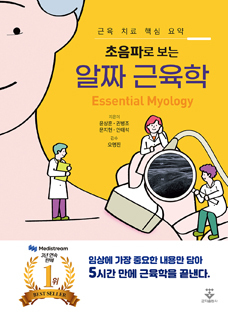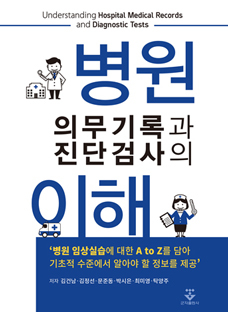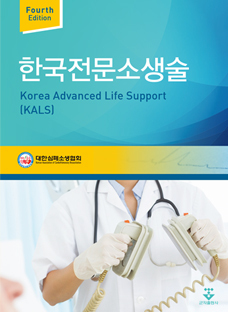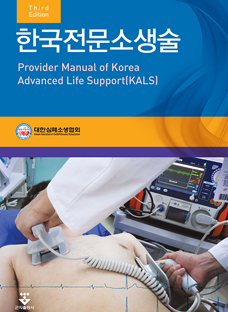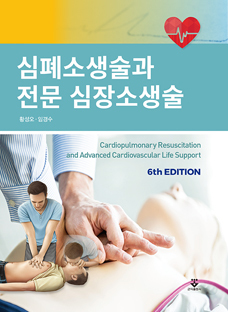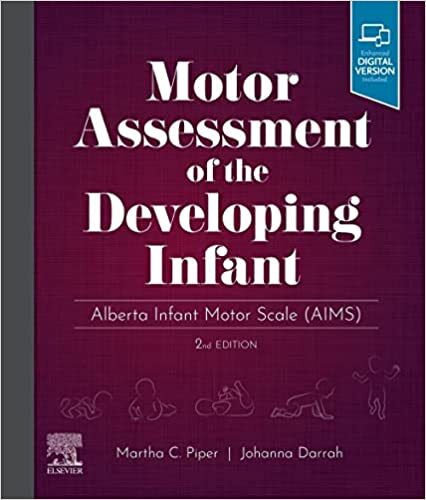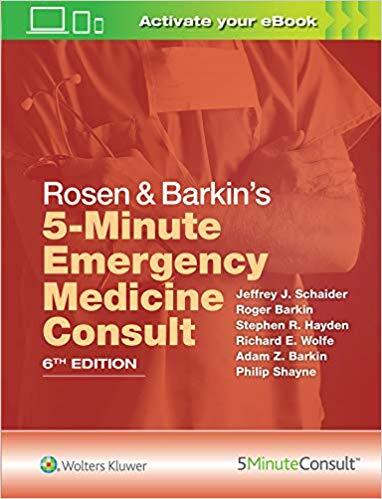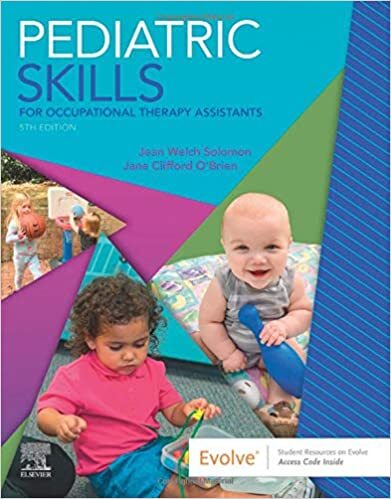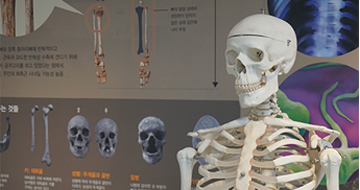Preface to the Sixth Edition ix
Abbreviations xi
Table of Cases xiii
Table of Statutes xxi
Table of Statutory Instruments xxiii
General Introduction 1
Law and ethics 1
The sources of English law 4
Judicial review of administrative action 5
Criminal and civil law 5
The geographical extent of the law 6
The law of the European Union 7
Brexit 12
The European Convention on Human Rights and the Human Rights Act 1998 13
International Labour Organization 17
Workers’ rights and data protection after Brexit 17
1 The Provision of Occupational Health Services 19
1.1 The development of occupational health services 19
1.2 The legal obligations of the employer 30
1.3 Who pays? 31
1.4 The Employment Medical Advisory Service and Appointed Doctors 34
1.5 The occupational health physician 35
1.6 The occupational health nurse 37
1.7 The inter‐disciplinary nature of occupational health 39
1.8 The relationship between the occupational health service and the general practitioner 40
2 The Legal Status and Liability of the OH Professional 41
2.1 Servants and independent contractors (and workers) 42
2.2 Liability for criminal acts 43
2.3 Liability for negligence 45
2.4 Liability to the workers 49
2.5 The duty of candour 52
2.6 Duties under the Equality Act 2010 52
2.7 Professional standards 54
2.8 Consent to medical treatment 54
2.9 Liability to the employer 57
2.10 Liability to the public 57
2.11 Health care workers with a blood‐borne virus 58
2.12 Professional indemnity 61
2.13 The conduct of research 61
2.14 Expert witnesses 64
2.15 The rights of occupational health professionals 65
3 Medical Records and Confidentiality 67
3.1 The ownership of records 68
3.2 How long should records be kept? 69
3.3 The duty of confidence 69
3.4 The consent of the patient 72
3.5 Consent at common law and under the General Data Protection Regulation 73
3.6 Computer records and data protection 74
3.7 General Data Protection Regulation 74
3.8 Relationship with other health professionals 83
3.9 Medical audit 84
3.10 Disclosure of information to researchers 84
3.11 Disclosure in the public interest 85
3.12 Legal obligation to disclose information 88
3.13 Legal obligation to reply to questions 91
3.14 Legal privilege 93
3.15 Pre‐trial disclosure in civil proceedings 94
3.16 Confidential information in the courts 95
3.17 Expert witnesses 95
3.18 The patient’s right to know 97
3.19 Information Commissioner’s Employment Practices Data Protection Code: Information about Workers’ Health (2011) 100
3.20 Human Rights Act and privacy 102
3.21 Freedom of Information Act 2000 104
3.22 The employer’s confidence 107
3.23 Official secrets 109
3.24 Defamation 109
4 Pre‐employment Screening and Health Surveillance 111
4.1 The purpose of ‘medical assessment’ 112
4.2 Pre‐employment health screening 114
4.3 Human Rights Act 1998 115
4.4 Disability discrimination 116
4.5 Sex discrimination 116
4.6 Racial and religious discrimination 117
4.7 Rehabilitation of offenders 118
4.8 Does the job applicant have to answer the employer’s questions? 118
4.9 Examination for entry to the pension scheme 122
4.10 Surveillance of the existing workforce 122
4.11 Levels of routine health surveillance 124
4.12 Legal duty to provide health surveillance 125
4.13 Control of Substances Hazardous to Health (COSHH) Regulations 2002 126
4.14 Management of Health and Safety at Work Regulations 1999 131
4.15 Drugs and alcohol testing 131
4.16 Genetic testing 134
5 Health and Safety at Work: The Criminal Law 137
5.1 Criminal sanctions 137
5.2 Health and Safety Executive 147
5.3 Health and safety statutes 147
5.4 Reasonable practicability 148
5.5 Civil liability 150
5.6 The powers of the inspectorate 151
5.7 Crown immunity 155
5.8 General duties under the Health and Safety at Work Act 1974 156
5.9 Safety representatives and safety committees 160
5.10 Access to information 163
5.11 The control of substances hazardous to health 165
5.12 Control of Noise at Work Regulations 2005 169
5.13 The 1992 regulations 170
5.14 Management of Health and Safety at Work Regulations 1999 171
5.15 Workplace (Health, Safety and Welfare) Regulations 1992 and ACOP 172
5.16 Provision and Use of Work Equipment Regulations (PUWER) 1998 173
5.17 Personal Protective Equipment at Work Regulations 2002 174
5.18 Manual Handling Operations Regulations 1992 174
5.19 Health and Safety (Display Screen Equipment Regulations) 1992, amended 2002 175
5.20 Control of Vibration at Work Regulations 2005 176
5.21 Protection of the environment 177
5.22 EU Regulation on the Registration, Evaluation, Authorisation and Restriction of Chemicals (REACH) 178
6 The Law of Compensation 179
6.1 The challenge 179
6.2 State benefits 180
6.3 Civil liability 182
6.4 A compensation culture? 184
6.5 The cause of action 185
6.6 Breach of statutory duty 185
6.7 Negligence 186
6.8 Noise induced hearing loss 188
6.9 Hand–arm vibration syndrome 189
6.10 Work‐related upper limb disorder 189
6.11 Work‐related stress 190
6.12 Health and Safety Executive guidance 195
6.13 Post‐traumatic stress disorder 196
6.14 Damage 197
6.15 Causation 198
6.16 Vicarious liability 201
6.17 Liability of the employer to non‐employees 203
6.18 Duty to the unborn child 204
6.19 Assumption of risk and the fault of the claimant 205
6.20 Attempts to exclude liability 206
6.21 Paternalism 207
6.22 Several potential defendants 209
6.23 Product liability 210
6.24 Damages 212
6.25 Fatal accidents 215
6.26 Exemplary damages 216
6.27 Limitation of actions 216
7 Employment Law 219
7.1 Introduction 219
7.2 The contract of employment 222
7.3 Contractual sick pay 228
7.4 Statutory sick pay (SSP) 230
7.5 Proof of sickness 231
7.6 The control of absenteeism 232
7.7 Notification to the employer 233
7.8 The employer’s right to suspend 234
7.9 Medical suspension 234
7.10 Changes in contractual terms 235
7.11 Transfer of undertakings 236
7.12 The right to dismiss 236
7.13 The concept of dismissal 238
7.14 The reason for the dismissal 240
7.15 Dismissal for incompetence 241
7.16 Ill‐health dismissals 242
7.17 Medical reports 243
7.18 Ill‐health retirement 247
7.19 ‘No illness’ agreements 249
7.20 Disabled workers 249
7.21 Dismissal for misconduct 249
7.22 Ill health and misconduct 251
7.23 The role of occupational health in disciplinary proceedings 252
7.24 Selection for redundancy 253
7.25 Contravention of a statute 254
7.26 Some other substantial reason for dismissal 254
7.27 The importance of procedure 255
7.28 The right to refuse to work in unsafe conditions 256
7.29 Whistleblowers 258
7.30 Time off for trade union activities 260
7.31 Working Time Regulations 1998 261
8 Equal Opportunities 263
8.1 The concept of discrimination 264
8.2 Direct and indirect discrimination 266
8.3 Victimisation 269
8.4 Harassment 269
8.5 Gender reassignment 272
8.6 Proof of discrimination 272
8.7 Remedies 273
8.8 Special laws protecting women workers 273
8.9 Pregnancy dismissals and maternity leave 278
8.10 Maternity pay 281
8.11 Parental leave and time off for dependants 281
8.12 Family friendly measures 282
8.13 Children and young persons 283
8.14 Workers with a disability 284
8.15 The definition of disability 285
8.16 Types of disability discrimination 292
8.17 Discrimination by association 295
8.18 Justification of disability‐related and indirect discrimination 296
8.19 Pre‐employment screening 298
8.20 Reasonable adjustments 300
8.21 Occupational pension schemes 307
8.22 Occupational health and the Equality Act 308
8.23 Employer’s knowledge of a disability 311
8.24 Liability of employer/principal and employee/agent 314
8.25 Age discrimination 315
Appendix A: Control of Substances Hazardous to Health Regulations 2002, Regulation 11 Health Surveillance 319
Appendix B: Equality Act 2010: Part 2: Guidance on matters to be taken into account in determining questions relating to the definition of disability (excerpts) 325
Bibliography 347
Index 353




